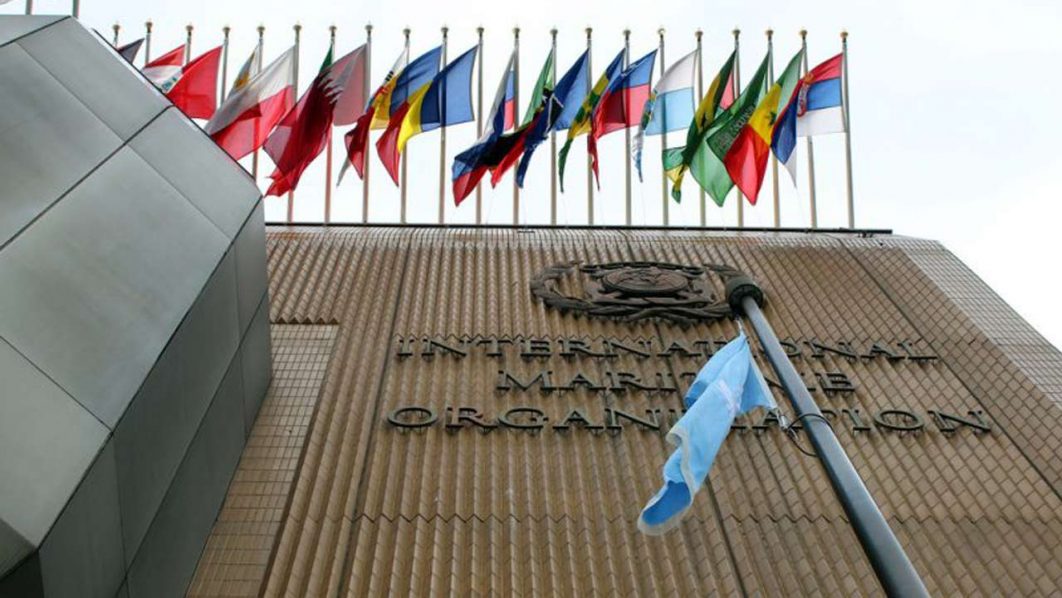
The International Maritime Organisation (IMO) has urged Nigeria, alongside 175 other members, to adopt the technical and economic measures to meet the objectives outlined in the 2023 Greenhouse Gas (GHG) Strategy.
Nigeria is said to lag in its decarbonisation journey due to a lack of robust policies to ensure its implementation. For instance, Nigerian ports continue to rely on diesel for operations, while substandard vessels emitting high levels of CO2 regularly dock at the ports, undermining government efforts to ensure compliance with relevant conventions.
Speaking on the organisation’s strategic focus for 2025, the IMO Secretary-General, Arsenio Dominguez, outlined three core priorities – decarbonisation, seafarer welfare and global maritime security.
He said these priorities aim to drive substantial progress across the sector while addressing key challenges. Dominguez reaffirmed the IMO’s commitment to the safety and well-being of seafarers, emphasising their indispensable role in global trade.
He stressed the need to enhance the safety and security of personnel onboard ships and called for greater support in achieving decarbonisation goals while addressing the decriminalisation of seafarers’ roles.
Dominguez further highlighted the sustainability of the oceans as another pivotal focus for the IMO, with the theme for the year being “Our Ocean, Our Obligation, Our Opportunity.”
Dominguez called for global collaboration to preserve marine ecosystems and foster innovation. In Nigeria, efforts to combat marine pollution, particularly plastic waste, face significant challenges due to fragmented policies, weak enforcement and inadequate waste management infrastructure.
These issues have led to significant marine pollution, with plastics being a primary concern, while inconsistent public awareness campaigns and gaps in enforcement and infrastructure exacerbate the problem.
Although the National Environmental Standards and Regulations Enforcement Agency (NESREA) and the Nigerian Maritime Administration and Safety Agency (NIMASA) oversee environmental and maritime regulations, both agencies struggle with limited resources and capacity, hindering their ability to address marine litter and pollution effectively.
Dominguez further emphasised the IMO’s dedication to promoting diversity within the maritime sector. While acknowledging progress in gender representation, he stressed the need for further action.
“I will continue to be firm in my commitment and policy of not participating in panels without female representation,” he declared. The IMO scribe called for collective action among global stakeholders to create a safer, greener and more inclusive maritime industry, reaffirming the need for innovation and cooperation in shaping a sustainable future.






